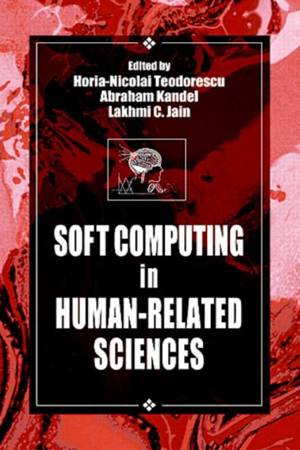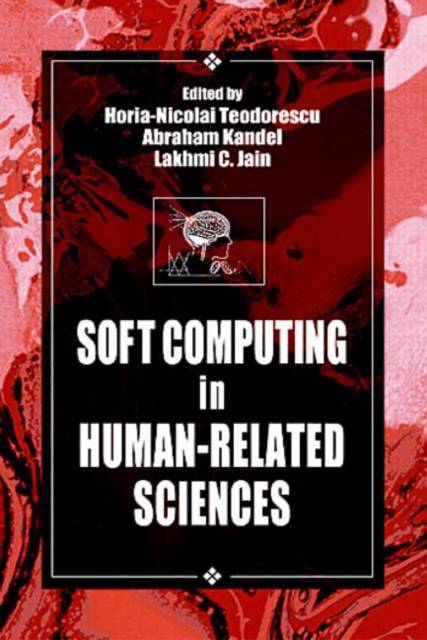
- Retrait gratuit dans votre magasin Club
- 7.000.000 titres dans notre catalogue
- Payer en toute sécurité
- Toujours un magasin près de chez vous
- Retrait gratuit dans votre magasin Club
- 7.000.0000 titres dans notre catalogue
- Payer en toute sécurité
- Toujours un magasin près de chez vous
Soft-Computing in Human-Related Sciences
195,95 €
+ 391 points
Description
Hard boundaries have traditionally existed between such fields as fuzzy systems, neural networks, genetic algorithms, chaotic systems and expert systems. Gradually those boundaries are tending to vanish and "soft computing"-based systems that mix these different approaches have begun to emerge. Soft Computing Techniques in Human-Related Sciences focuses on the use of novel techniques such as artificial neural networks, fuzzy logic and genetic algorithms to solve practical problems related to humans: their activities, health and social needs. This volume illustrates and presents in an organized manner some of the recent progress in the applications of soft computing to fields related to social science, medical science, psychology, psychiatry, management of health and community services, and humanoid robots. Soft Computing Techniques in Human-Related Sciences begins with an introductory chapter to aid newcomers with the basic concepts, and progresses to the methodology of the use of soft computing in robotics, prosthetics, medicine, psycchology and man-machine interaction.
Spécifications
Parties prenantes
- Editeur:
Contenu
- Nombre de pages :
- 416
- Langue:
- Anglais
- Collection :
- Tome:
- n° 8
Caractéristiques
- EAN:
- 9780849316357
- Date de parution :
- 29-04-99
- Format:
- Livre relié
- Format numérique:
- Genaaid
- Dimensions :
- 163 mm x 243 mm
- Poids :
- 725 g

Les avis
Nous publions uniquement les avis qui respectent les conditions requises. Consultez nos conditions pour les avis.





